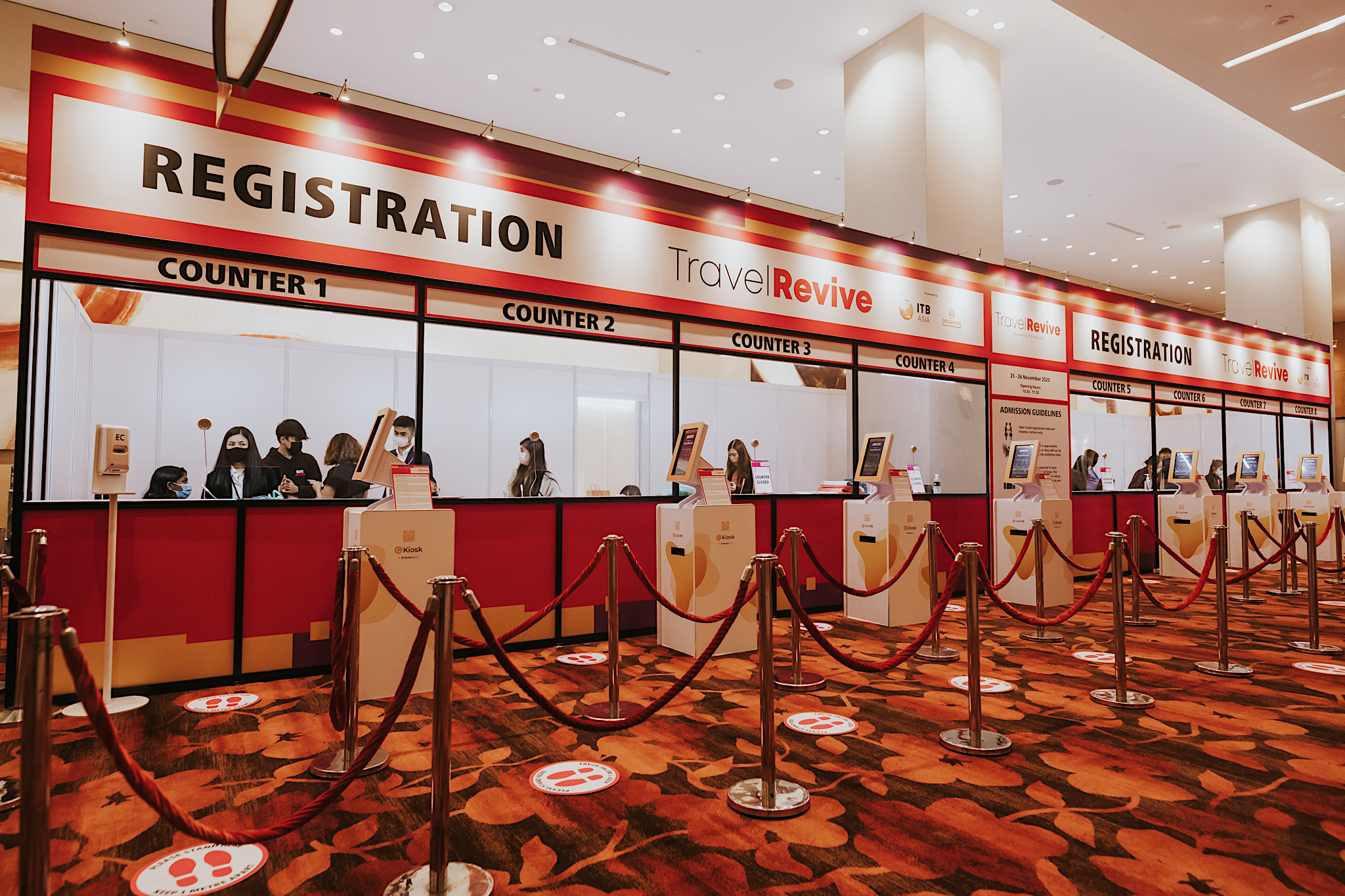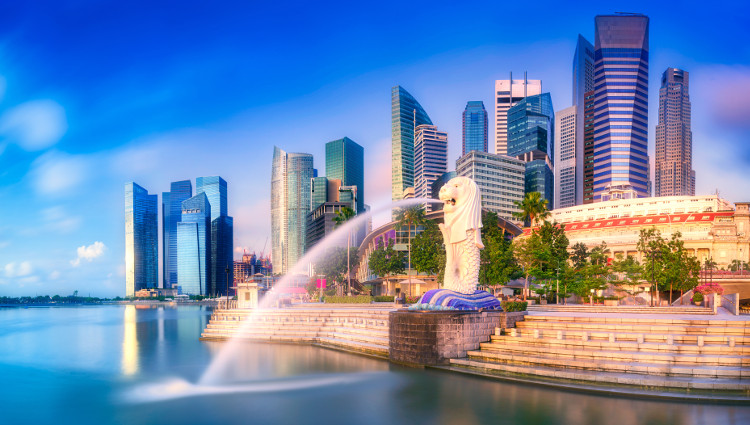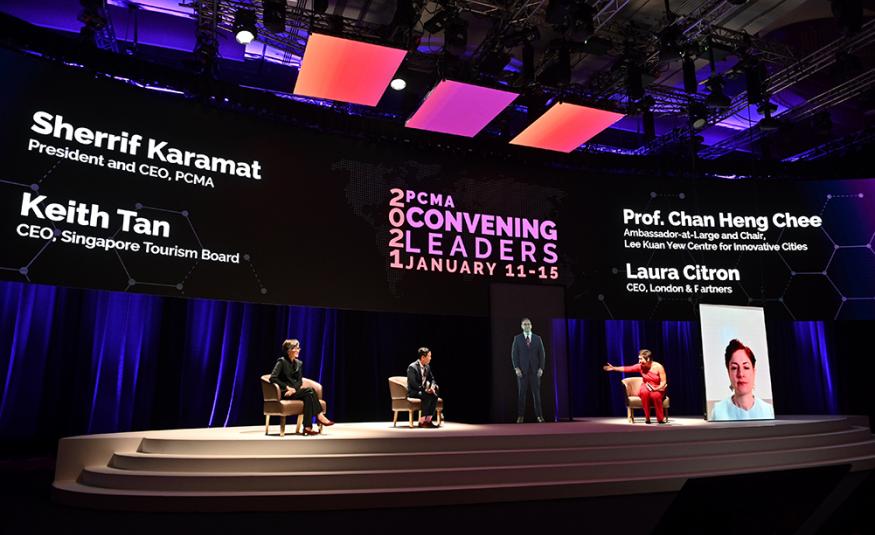An inside look into the new MICE White Paper, co-developed by Singapore Tourism Board, PCMA and UFI.
The pandemic has been a tough time for the events industry, but there are opportunities and learnings to be had in the coming months. While many businesses are focussing on returning to 2019 levels, a group comprised of The Singapore Tourism Board (STB), PCMA and UFI have come together to advise on how the industry can improve post-Covid-19.
The three entities have come together to create the ‘Reimagining Business Events – Through Covid-19 and Beyond’ White Paper. The report was launched 28 Jun at Singapore MICE Forum X IBTM Wired.
Covid-19’s impact on the MICE industry
The importance of the events industry to the global economy pre-pandemic cannot be overstated. In 2017 the sector contributed $1.5 trillion to global GDP, as well as 26 million jobs. To put the numbers in perspective, these figures would rank the events industry as the 13th largest economy globally.
Since the pandemic, however, the numbers are not so encouraging. According to the White Paper, the global exhibitions category alone contracted by 68%. UFI polled 450 exhibition industry companies in January 2021: more than half have had to reduce their workforces; 30% saw a drop in profits of more than 50%; and 10% said they will have to close their doors if there was no business for the next six months.
The industry has remained in flux these last few months, but optimism has begun to grow with 61% of event planners and 70% of suppliers feeling hopeful in May, compared to less than 50% of both in January.
Future proofing through innovation
The saying goes that necessity is the mother of invention, and nowhere is that more evident than the events industry. Events businesses have had to reposition their offerings over the pandemic
The White Paper, which highlights companies thriving in the pandemic, focusses on GlobalSign.In, a global technology provider for business events, as an example of a business changing things up during the pandemic.
The events business piloted several digital platforms during the pandemic, after seeing all its planned physical events cancelled or postponed. Learning what works by experimenting, the company created so-called ‘serendipity rooms’ for attendees to interact virtually and added facilitators to kick-start conversations.
Veemal Gungadin, CEO, GlobalSign.In, said: “Business events companies need to start behaving more like start-ups. This means being ready to prototype, iterate and even abandon ideas that do not turn out to be viable”.
Other examples detailed include: Unexpected Atlanta, a walking tours company which switched to virtual tours; and Harry the hirer, a stand and AV company which created a physical space for businesses to use as a studio to host online events.

A new era for delegates
Going forward, the experience on site for attendees will likely be very different to a pre-pandemic setting. With social distancing, hand sanitisation and Covid-19 testing being the order of the day, what do these changes mean for organisers?
Singapore’s Future Economy Council created the Emerging Stronger Taskforce early in the pandemic. One of Singapore’s biggest pilot events was TravelRevive, the first international travel tradeshow to take place physically in Asia Pacific during Covid-19 (and attended by CMW’s editor – see reports on www.c-mw.net). The event was a testing ground for protocols including: contactless registration platforms, and a Safe Travel Concierge which provided travellers with a customised checklist of pre-entry requirements to Singapore.
Andrew Phua, executive director, Exhibitions & Conferences, Singapore Tourism Board, said: “An agile approach with safety at its core will allow us not only to survive, but succeed as the Covid-19 situation remains highly dynamic.”
Upskilling employees
Ultimately, the people behind events are often the differentiating factor between a bog-standard exhibition and a show experience that delivers the ‘wow’ factor.
Creating a more digitally native workforce also proves to be top billing for events businesses, the White Paper uses The Singapore Association for Conventions & Exhibitions Organisers and Suppliers (SACEOS) as a case study.
SACEOS partnered with Singapore University of Social Sciences to develop training courses, such as the BSc Events Management programme, to equip students with practical knowledge on real challenges emerging from the pandemic.
Richard Ireland, vice president, professional development, SACEOS, said: “Training business events professionals for a Covid-19 environment needs to go beyond technology. “Business events staff also need to cultivate skills in broadcasting, strategic narrative building, content production, data management, and cyber security”.
The Melbourne Convention and Exhibition Centre (MCEC) is also detailed, as it aimed to diversify the voices making the key decisions. The business hosted a hackathon for both internal and external members of the industry to identify new revenue streams for the venue.
A brighter tomorrow
The case studies detailed in the White Paper are examples of agility and success during an unprecedented time for events. But the important takeaway should be that this mindset should carry forward post-pandemic.
Innovation amid a pandemic is not a sprint for the sector to resume to pre-Covid levels, but a marathon to transform. There are learnings such as the multi-channel approach, upskilling employees, being digitally native and organising unique event experiences that should transcend the difficulties of the day.
More and more are combining the best bits of the adaptable technology world with the community building and networking that remain the core of business events. Whoever meets customers’ needs in the most effective and economical way will recover fastest and serve as a beacon for the rest of the sector.
Download and Read the MICE White Paper now here.






